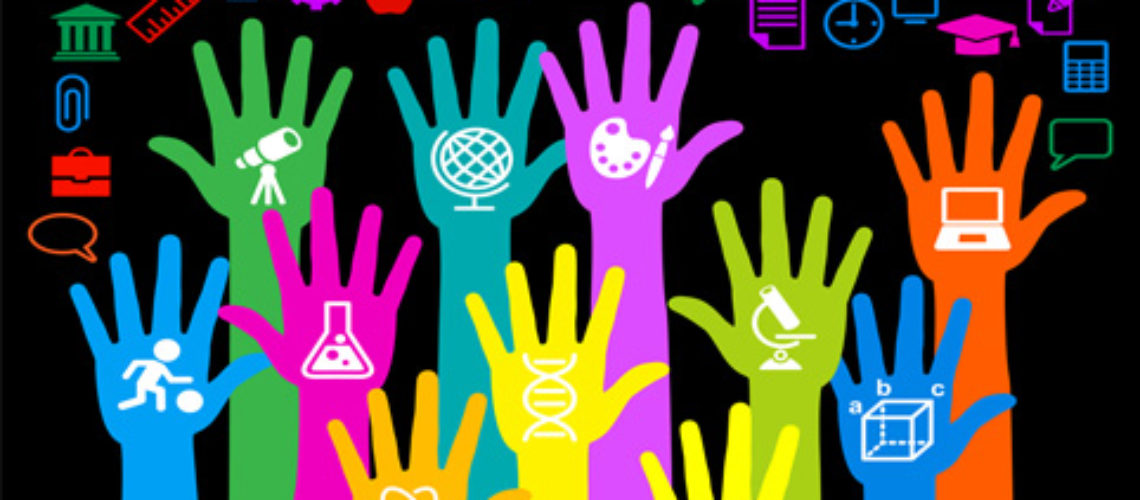We all use computers in our everyday life for work, for research or for entertainment. Computers however may expose our children to many dangers including inappropriate contacts from adults or unwanted content. It is the job of the parents and of the educators to teach children how to stay safe when browsing the Internet. The kids have to learn how not to reveal their persona information and how to be careful with what they are looking at and who they talk to. If parents set rules and explain their children why are they doing that, it will be easier for the kids to follow these rules and stay away from danger.
Help from the Parents
Parents can prevent their kids from exposing to danger while using the Internet and they should not be computer specialists to do so. If they do not have any computer literacy, then they can ask the local Internet Service Provider for help. The exact things that the parents can do and that will make a difference include:
- Teach their kids on Internet safety and why is it so important. Often parents do not wish to disturb the privacy of their kids and do not feel comfortable monitoring their kids’ activities. This however has nothing to do with not trusting the kids, but it has a lot to do with caring and protecting the kids. The parents need to and should know what their children are doing while online.
- The parents should also prevent the kids from seeing inappropriate content and images. The sexual materials are all over the internet – they come up in the search results, in spam emails, in various links and attachments. The children have to be taught never to open such files and click on such links. Their parents should allow them to use only search engines that are child-friendly.
- In case the child is old enough to use the social networks, this can be done if he or she follows good online behavior standards. The personal web page should be clean from postings of photos that could compromise them.
- The parents should make time to report the people who deliberately send pornographic material to children under the age of 16. Such cases should be reported at the National Center for Missing & Exploited Children at 1-800-THE-LOST (1-800-843-5678) or at the website www.cybertipline.com.
Last but most important of all things the parents should do is to spend quality time with their children. The parents should show interest in what the kids do when online, which websites they visit. It is very important for the kids to learn that they should communicate online only with people they know from their real life.
Parents, watch this useful Internet Safety video What You Don’t Know Can Hurt Your Children.

